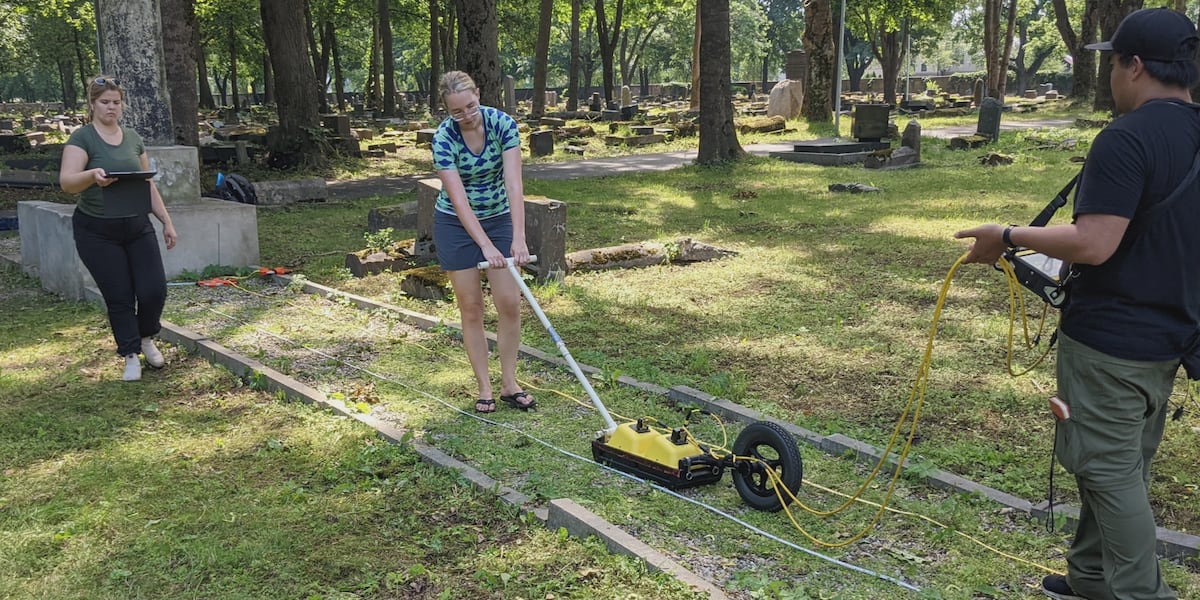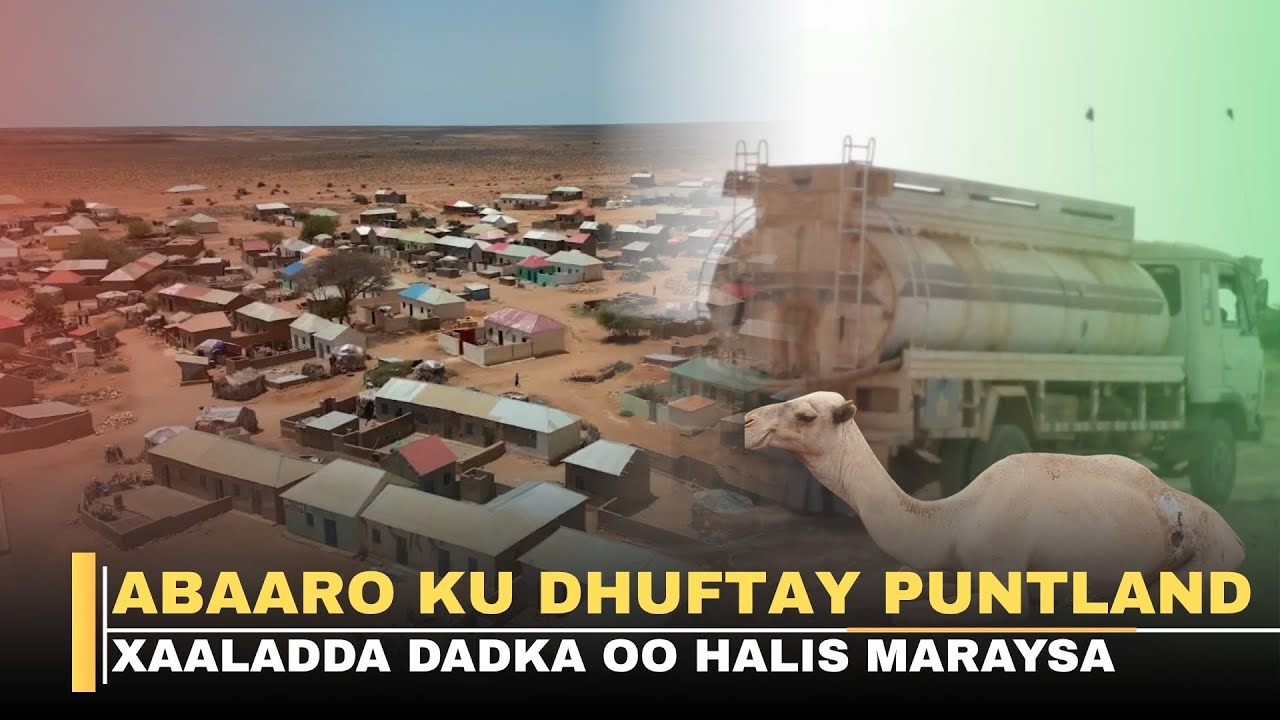Copyright WEAU

EAU CLAIRE, Wis. (WEAU) - A University of Wisconsin-Eau Claire professor and his student researchers are featured in two documentaries highlighting their work to uncover forgotten Holocaust history. Dr. Harry Jol and his team appear in BBC and National Geographic documentaries titled “The Hidden Holocaust” and “How the Holocaust Began.” The films showcase the university’s Holocaust Mapping Program, which uses advanced technology to locate mass burial and execution sites. “They did a very, very nice job of following what we were doing in the field, describing what we were doing in the field, and then also the significance of the results in the present day,” Jol said. The research team travels overseas to gather data using ground-penetrating radar, laser leveling, and aerial drones. The documentaries feature footage and interviews shot in 2022 when Jol and his students conducted research in Lithuania and Latvia. “The challenging perspectives on this is actually what you’re doing. We’re actually walking on top of the burial of thousands of people as we’re trying to find them, and the significance of that and the realization of that is very, very profound,” Jol said. Tristan Wirkus, who graduated in May, was among the students featured in the documentaries. He said the films tell a story of discovery, remembrance, and the impact of uncovering hidden truths. “An example for me that really hit home was when we were in Liepāja, Latvia. The reason we’re doing the research is so that we can try to shed light on these events, try to ensure that people don’t forget what has happened, and the lives that were lost,” Wirkus said. The university also applies similar research methods to sites in Wisconsin, including the Dunn County Potter’s Field in Menomonie. “We have unmarked graves, people that have been forgotten, and we’re trying to restore honor and memorial to that site,” Wirkus said. Jol teaches his students that “every person deserves a memorial,” a principle that guides both international and local research efforts. The Holocaust Mapping Program receives support from local and international partners, including the L.E. Phillips Family Foundation and the Latvia Museum. The team works with organizations like the Latvia Museum to share findings, ensuring mass graves are protected from development and remembered by future generations.



